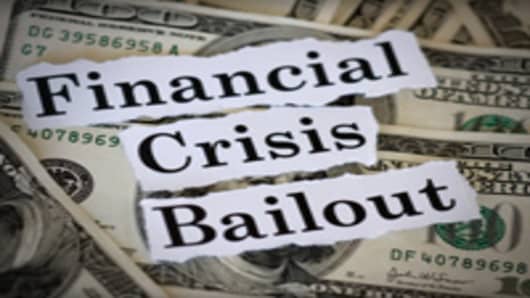If the United States had not created the Troubled Asset Relief Program (TARP), the country would have experienced Great Depression conditions, one of the architects of the program told CNBC Monday.
“I think unemployment would have been 25 percent or higher without TARP,” Pimco Managing Director Neel Kaskari told “Squawk Box.” “We’re talking Great Depression levels.” “A huge part of the program was about restoring confidence in the system,” Kashkari said.
“The crisis was a huge problem in its own right, but was magnified by the lack of confidence in the system.” Dubbed the “$700 Billion Man”, Kashkari served as assistant secretary of the Treasury to Henry Paulson and played a key role in drafting TARP in 2008 after the failure of Lehman Brothers and the government rescue of the American International Group.
“It felt like we were just trying to survive,” he said.
“We built in provisions to allow us as much flexibility as possible. Buying toxic assets was a start, but it could have gotten worse much, much quicker.” “The idea of the TARP was to set up an auction for all the toxic securities – it saved the system,” Kashkari added.
“What terrified us was when blue-chip companies started coming to us asking for money, not just Wall Street banks. That’s when we knew that we had to go to Congress.”
Reform Coming too Fast?
Kashkari emphasized that the US must deal with its own fiscal problems before another crisis hits.
The Financial Reform Bill, which will be voted on Monday in the Senate, is “well intended” but it’s not clear it’s an appropriate move so soon after the crisis, he said.
“My biggest concern is that if something is passed this year, we’ll declare victory, and think that our work is over” he said.
“If we have another extreme crisis, I don’t think we’ll know how to deal with that.” “The ultimate issue is how we solve the ‘too big to fail problem,’” Kashkari said.
“In the Great Depression, the US government created Fannie Mae with the best intentions. But today, it’s a systemic risk. Whatever changes we make today should be applicable in the future.”


